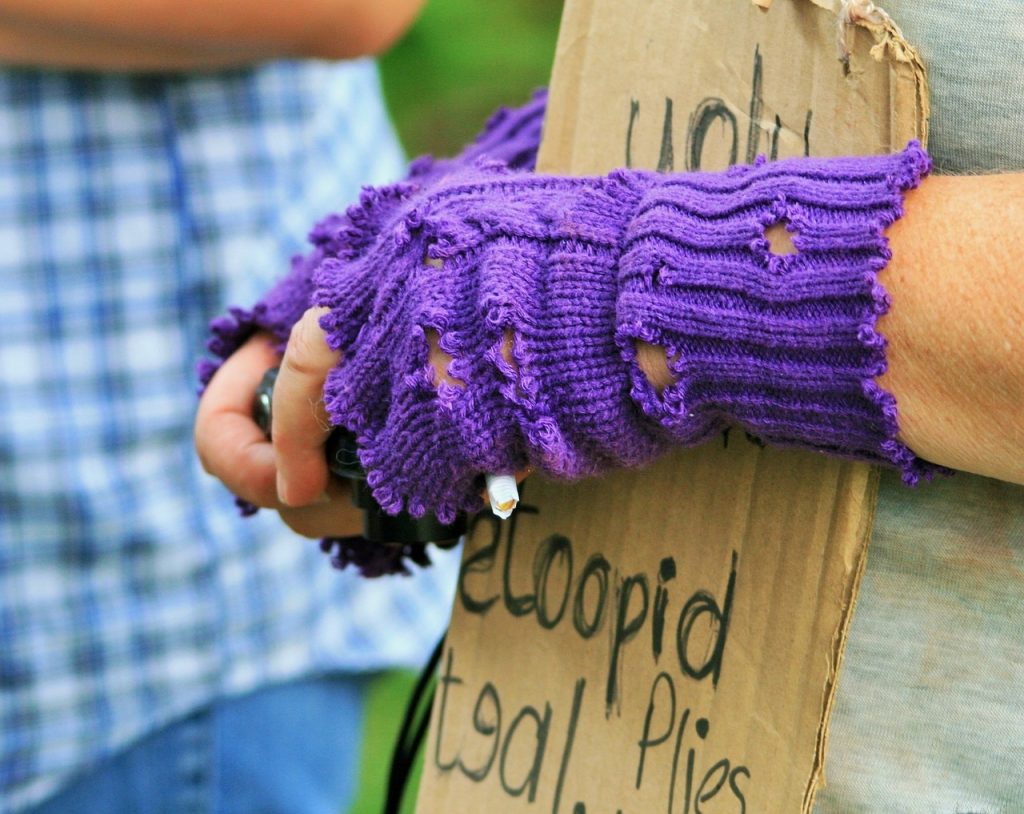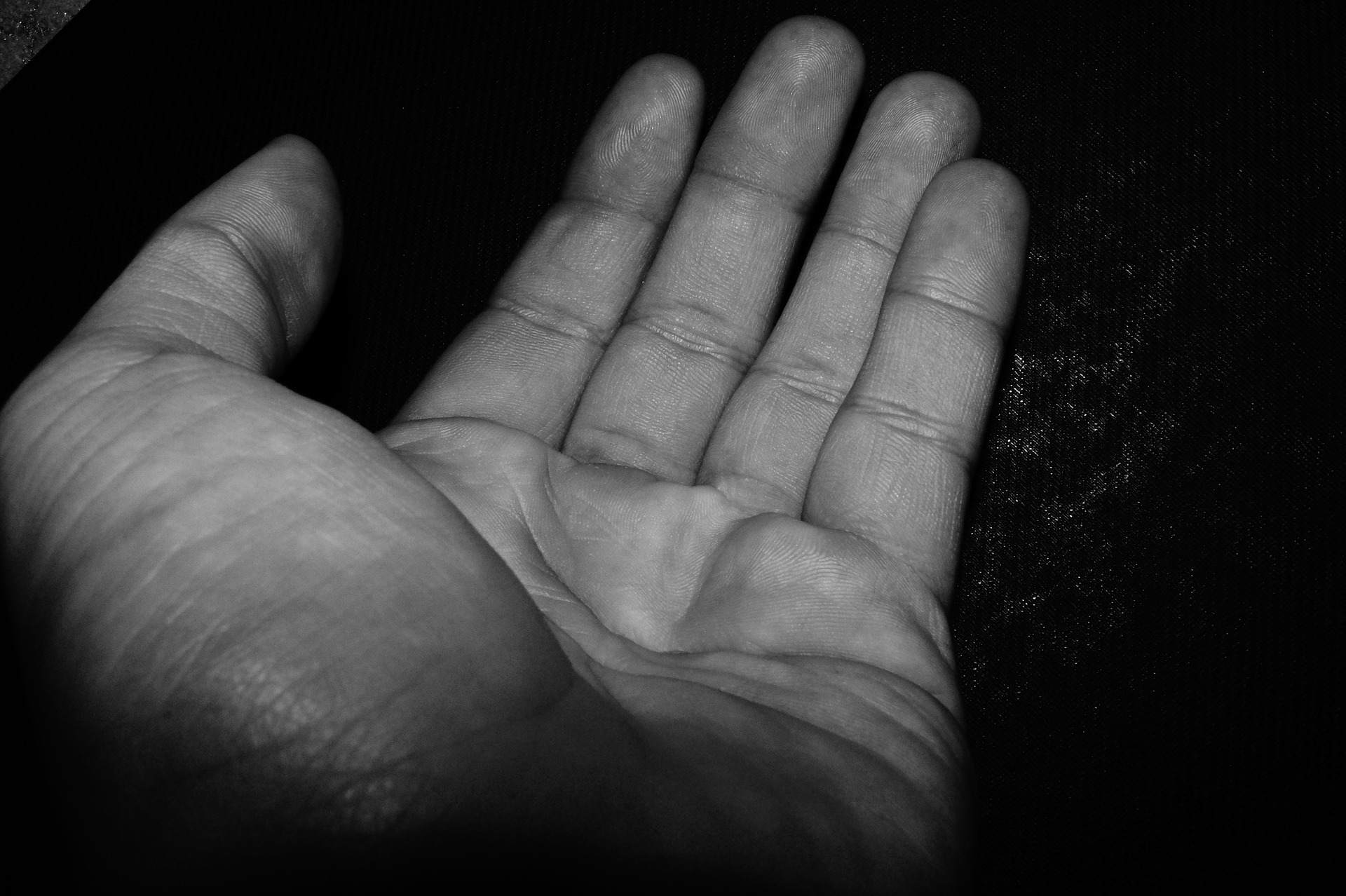Russian Begpackers Caught in Cambodia

A Russian family was recently cautioned by police in Cambodia after being caught begging in the town of Battambang, raising the issue of the growing trend of begpacking and the effect it has on the countries where people practice it.
Traveling can be expensive and it’s not unusual for people to run out of money while on the road, especially when taking long-term trips. However, there has been a huge increase in the number of travelers – usually westerners – who are specifically traveling to countries where the cost of living is much cheaper than the west, primarily South East Asia but also parts of South America, with very little money and then proceed beg, busk, sell artwork or even offer hugs in exchange for donations in order to fund their trip.
The family – a man and a woman in their late 20s traveling with their young baby – who were caught in Battambang were initially thought to have lost their belongings after being spotted singing in the street, and were claimed not to have any money for milk for their baby. Caught walking around Battambang barefoot, the couple were taken to an office where it was confirmed that they hadn’t lost their possessions, were fully educated on Cambodian customs and culture, and had just made a lifestyle choice.
The same family had been arrested in Malaysia just a few months earlier for endangering their child. They had been performing in a street in Kuala Lumpur which involved their baby being swung around by its legs and thrown into the air. While begpacking is largely tolerated in Malaysia, the incident prompted a wide outcry among both locals and visitors who were concerned for the child’s welfare. Although many condemned the man on social media, some defended him by saying he was practising dynamic baby gymnastics – also known as baby-swinging yoga – a controversial practice which is legal and widespread in his home country of Russia.
It is believed that the couple were planning on traveling to Thailand after the incident in Cambodia. Thailand is well known for its strict stance against begpackers; the country has reportedly brought in a system where visitors may have to prove they have at least 10,000 Baht (approximately $325) per person or 20,000 Baht (approximately $650) in cash before they can enter the country.
Other countries which are putting their foot down against the rise of the begpacker include Indonesia, where the island of Bali has decided to report all people who are caught begpacking to their embassy, and Hong Kong, which has brought in new busking rules in order to combat begpacking as well as having strict laws on public begging.
Begpacking generally has received much criticism in the media, citing the entitlement and disrespect of these travelers as major issues. As well as the moral issues that go hand-in-hand with begpacking, there are also a number of legal implications. In many of the countries where begpackers are prominent, there are laws regarding acts of begging, busking and selling goods. Busking usually requires a permit, whereas making money is not permitted on the majority of tourist visas.
This World Brief was written by Ali Jennings exclusively for World Footprints.
Source: CNE
Book Your Travel To ANY Destination
Use the interactive map below to search, compare and book hotels & rentals at the best prices that are sourced from a variety of platforms including Booking.com, Hotels.com, Expedia, Vrbo and more. Search for ANY destination by clicking in the upper left corner of this map. You can also use the filter to fine tune your search, find restaurants, attractions and more!
